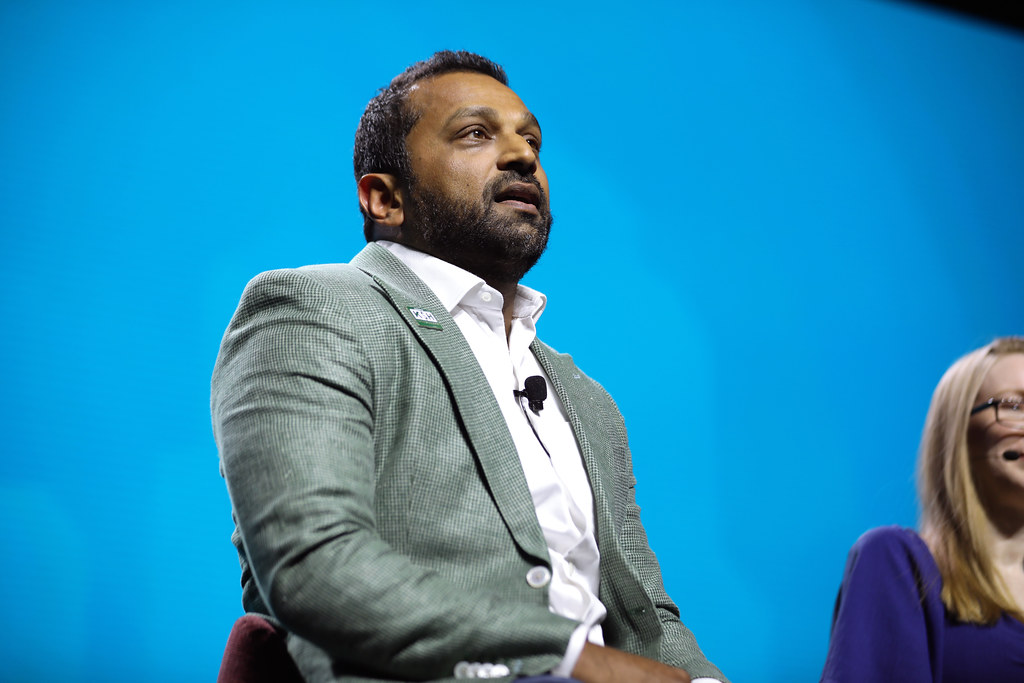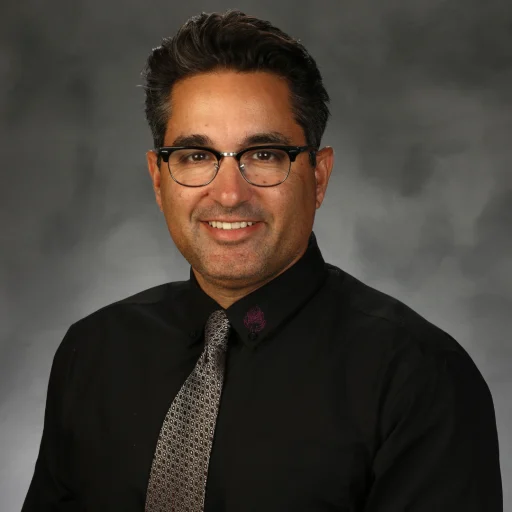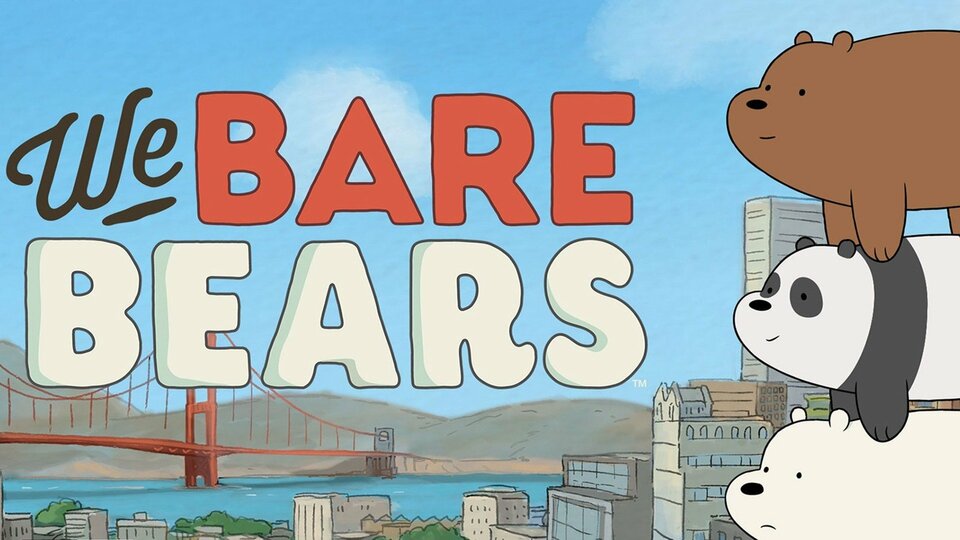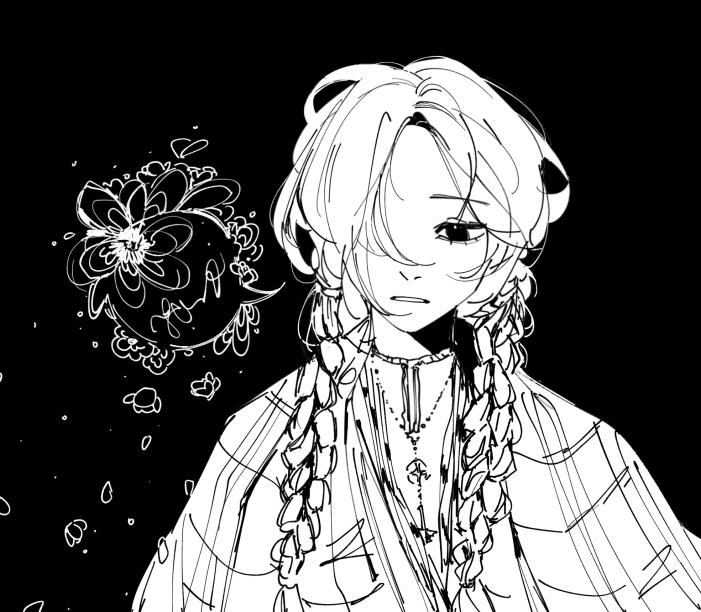Editor’s Note: Zeyneb Kaya is a junior, and she wrote this piece as a guest columnist for The Falcon.
Climate change. The pandemic. Inflation. The current world faces countless issues. Yet, almost unheard of is the threat upon what is perhaps the most distinguishably human quality central to every part of our lives: language. Languages are being lost at an alarming rate, and with them, human culture and knowledge. Addressing the most pressing problems requires bringing together different backgrounds and unique perspectives. It will take making every voice heard to begin to heal the loss of humanity.
The “language crisis” — the rapid extinction of world languages — has a huge impact on global communities. There are over 7,000 languages spoken around the world, yet this diversity is fragile; every two weeks, a language disappears, and there will be a projected 90% of languages gone by the end of the century. The danger only spreads, as the cultures, knowledge and identities are lost in a deafening silence. If we do not speak up, millions of people may lose their voices.
The death of a language is a lot more than losing words. The way we speak reflects the values and knowledge of society. We express ourselves and our surroundings through language and form a reciprocal influence between who we are and what we speak. The ways in which a language addresses gender, time, age and more play a role in shaping our perspectives and beliefs.
The Kuuk Thaayorre, an Aboriginal tribe in Australia, for example, describes directions with respect to the four cardinal directions. This influences their interpretation of their spatial positioning, perhaps in ways that lack the detachment that the term “that” often assumes in English.
Bilingual people understand that there are some words that, no matter how hard you try, cannot be accurately captured with one English word. There’s tsundoku, in Japanese, which describes hoarding books and never reading them, or tartle, in Scottish, which describes that panic before you have to introduce someone whose name you can’t quite remember.
Language becomes ingrained in how we see the world, and with diversity in the world’s languages, life is seen through a richer cultural lens, fostering creativity and innovation.
When a language dies, its blood is on our hands. The main reasons lie in cultural marginalization and the desire for one language of power. Globalization represses native languages. English, for instance, with its economic and political power, has quickly risen to dominate worldwide. Language is a system of communication, but in hierarchical societies, language suddenly takes a symbol of class and superiority.
This causes the language crisis to become intertwined with the climate crisis. It is native communities that have had to endure the greatest impacts of the climate crisis, with many forced into new and urban areas in the last 30 years. These individuals face conflict to fit into social hegemony and grow to learn only the language dominant in the region they reside in. In this way, the pervasiveness of the destructive effects of climate change expands into the most fundamental aspects of mankind: our words and interactions.
Language is an integral part of our daily lives. Acting fast is crucial. Right now, the critical overlap of declining languages and emerging digital technologies brings potential for change in documenting and promoting heritage. Mass communication through media provides a platform for sharing these unique voices, and computation is enabling the deployment of tools that were never before accessible.
But true change comes from within society, from the actions of each individual. Embracing diversity and exploring the different backgrounds right around us in our own communities is the first step to strengthening cultures. Humanity holds the power to create, destroy and save, and it is up to us, now, to preserve the languages that have shaped us.


























